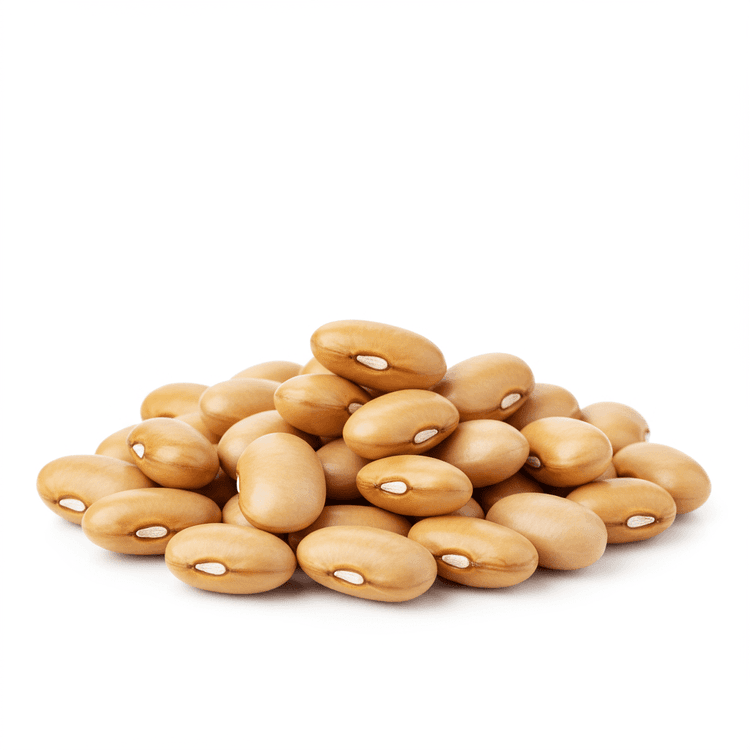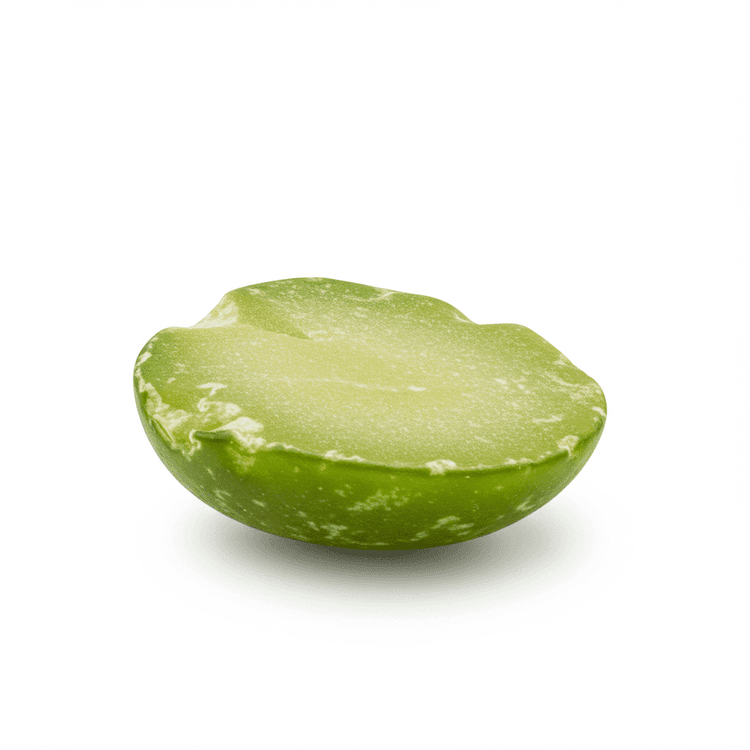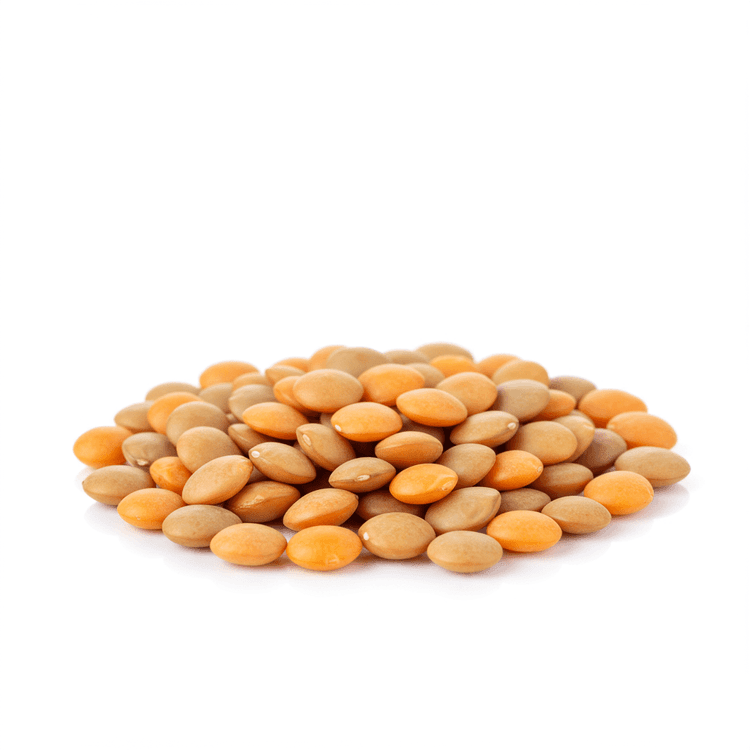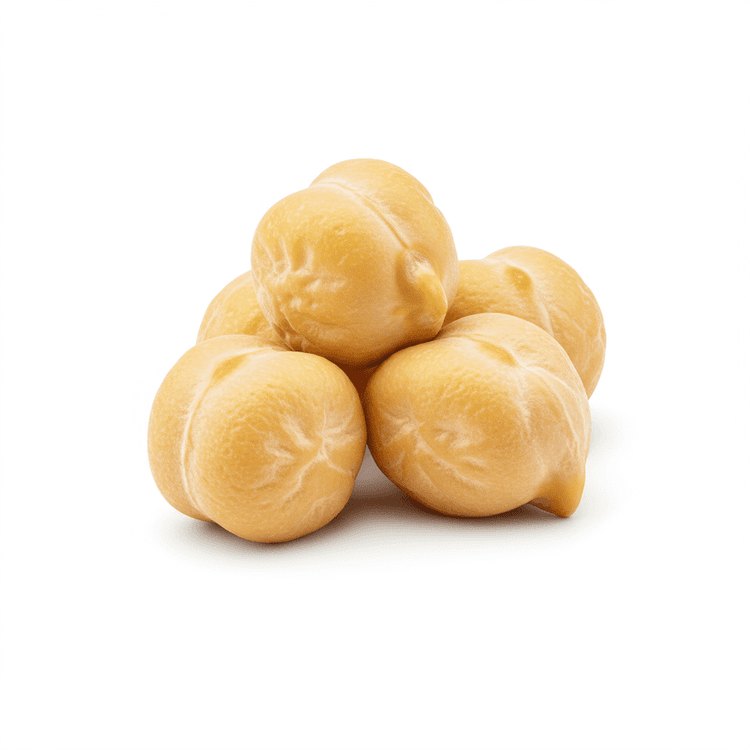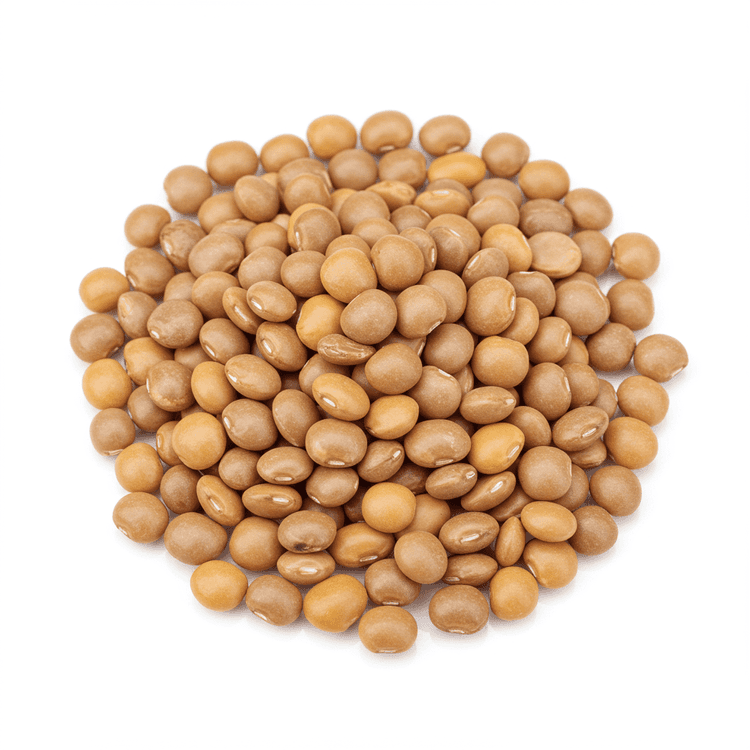
Dal
Dal, also known as lentils, are edible legumes that are a staple in many cuisines, particularly in South Asia. They come in a diverse range of colors, including brown, yellow, green, red, and black. Dal is prized for its earthy flavor, soft texture when cooked, and nutritional benefits. Many varieties of dal cook down to a creamy consistency. Popular types include masoor dal (red lentils), toor dal (yellow split peas), urad dal (black lentils), and chana dal (split chickpeas, often referred to as dal despite being a chickpea). Dal is a fantastic source of plant-based protein and fiber, making it a healthy and versatile ingredient for vegetarian and vegan diets.
Common Uses
- Used to make lentil soup: Dal forms the base of many hearty and flavorful lentil soups. Simmered with spices, vegetables, and broth, lentil soup is a comforting and nutritious meal. - Used in Indian curries: Dal is frequently cooked into a flavorful and aromatic Indian curry, often referred to as 'dal'. These curries are typically seasoned with a blend of spices like turmeric, cumin, coriander, and chili powder, and served with rice or roti. - Used to make lentil stews: Dal can be cooked into a rich and satisfying lentil stew, often incorporating vegetables, herbs, and spices. Lentil stews are a great way to use up leftover vegetables and create a filling and nutritious meal. - Used to create lentil salads: Cooked and cooled dal can be incorporated into vibrant and healthy salads, adding protein and fiber. Lentil salads are often dressed with vinaigrette and mixed with vegetables, herbs, and other ingredients. - Ground into flour for baking: Some types of dal can be ground into flour and used for baking flatbreads, pancakes, or other baked goods, offering a gluten-free alternative. - Used as a thickener for soups and sauces: Pureed dal can be used to thicken soups and sauces, adding body and a subtle earthy flavor while increasing the nutritional value.
Nutrition (per serving)
Nutrition (per serving)
Calories
341.4kcal (17.07%)
Protein
24.3g (48.6%)
Carbs
62.9g (22.87%)
Sugars
2.0g (4%)
Healthy Fat
0.7g
Unhealthy Fat
0.2g
% Daily Value based on a 2000 calorie diet
Nutrition (per serving)
Calories
341.4kcal (17.07%)
Protein
24.3g (48.6%)
Carbs
62.9g (22.87%)
Sugars
2.0g (4%)
Healthy Fat
0.7g
Unhealthy Fat
0.2g
% Daily Value based on a 2000 calorie diet
Health Benefits
- Rich source of plant-based protein, essential for muscle building and repair.
- High in fiber, promoting digestive health and preventing constipation.
- Contains complex carbohydrates, providing sustained energy release and helping regulate blood sugar levels.
- Excellent source of iron, crucial for preventing anemia and supporting overall energy levels.
- Good source of folate, important for cell growth and development, particularly during pregnancy.
- Provides essential minerals like magnesium and potassium, supporting heart health and nerve function.
Chefadora AI is here.
Experience smarter, stress-free cooking.
Storage Tips
Dal should be stored in an airtight container in a cool, dry, and dark place. This helps to prevent moisture absorption and insect infestation. Properly stored, dried dal can last for up to a year or even longer. For best results, avoid storing near strong-smelling foods, as dal can absorb odors. If you live in a humid climate, consider refrigerating or freezing dal to extend its shelf life further. Cooked dal should be refrigerated promptly and used within 3-4 days.
